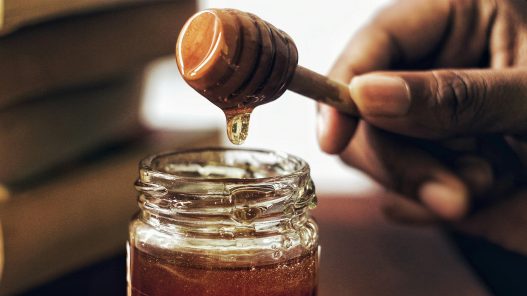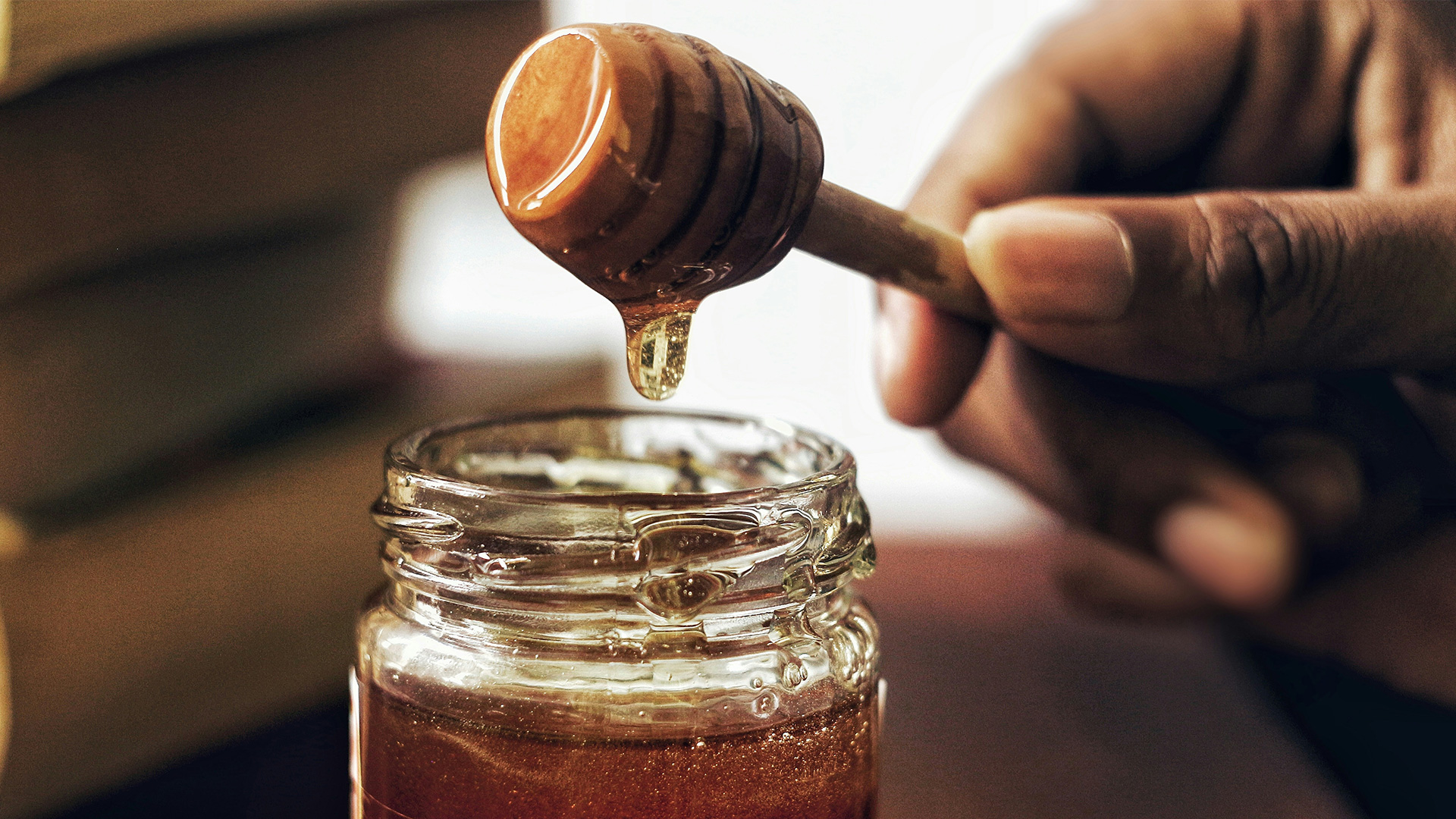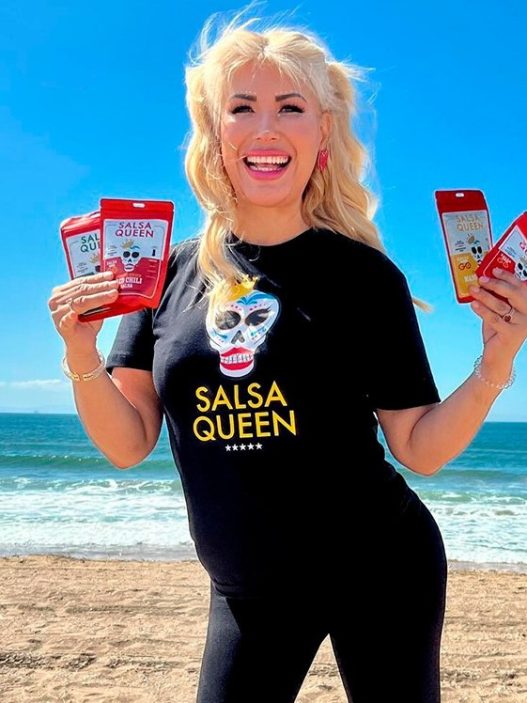Over the years, the production of biomaterials has greatly developed, especially in the food industry, where the use of biomaterials instead of animal-based products is increasingly gaining popularity. MeliBio, a biotechnology company specializing in biomaterials, has developed a groundbreaking innovation, which is, bee-free honey.
This product replicates some of the credibility of the traditional honey product but does this without the involvement of bees while offering a sustainable solution to ethical concerns that are associated with traditional honey production. The absence of bees in the MeliBio approach is a clear advantage for the B2B food industry because more and more brands are looking for sustainable solutions in response to changing consumer preferences.
The Environmental Need for Bee-Free Honey
The idea of producing bee-free honey solves several ecological problems. Honey production depends on honeybee populations, which are critical in pollination of ecosystems, although they face great threats. As a result, climate change, pesticide use, and loss of habitat have led to the reduction of bee populations, and this could have serious consequences on global food supplies.
Moreover, commercial beekeeping practices can strain natural bee populations due to the focus and emphasis on honey production more than the bees’ role in ecosystem maintenance.
MeliBio does not include the use of honeybees in its approach at all; instead, it employs precision fermentation to reproduce the molecular structure of honey. By not including bees in its production process, MeliBio can produce honey without affecting natural pollinators, thereby providing an alternative for companies seeking to reduce their ecological footprint. For B2B customers in the food and beverage sector, switching to bee-free honey can help meet their expectations for responsible sourcing.
Meeting the Demand for Ethical and Sustainable Ingredients
The rise of ethical consumerism has placed a lot of pressure on food companies to start thinking about the source of their ingredients. Currently, consumers are getting more informed about the environmental implications of the products they purchase and are demanding transparency and sustainability from brands. Although honey is popularly known as a natural sweetener, currently it is being examined for its impact on bee welfare.
Bee-free honey presents a solution to organizations that are in the process of trying to adapt to this change. MeliBio’s product replicates every aspect of traditional honey without the use of bees, giving brands the opportunity to market it as a more sustainable and ethical option. This is in close harmony with the general consumer values of many people who are willing to find ways and means to minimize the suffering and destruction of animal lives. The demand for an animal-free, bee-friendly product can be quite diverse, making bee-free honey a valuable addition to any company’s list of ingredients, specifically for sustainable brands.
Innovations in Biomaterial Production
MeliBio’s development marks a larger trend in biomaterial production, where biotechnology and precision fermentation are enabling the creation of animal-free versions of traditionally animal-sourced materials. Precision fermentation, that is, the use of microbes to produce specific compounds, has been very efficient in replicating foods such as dairy, collagen, and now honey. By synthesizing these materials at a molecular level, scientists can ensure that alternative products are equal in taste, texture, and nutrition as the conventional products.
Bee-Free Honey as a B2B Game-Changer
MeliBio’s bee-free honey offers a perfect chance for food producers, restaurants, and packaged food companies to diversify their ingredients by offering an exclusive and environmentally responsible addition. Thus, using MeliBio’s solution, businesses can provide products that will attract consumers who prioritize the environment and their health and those with dietary preferences such as a vegan diet. Bee-free honey provides an edge in the highly competitive marketplace by allowing companies to incorporate a natural, familiar ingredient that does not harm the environment.
The Future of BioMaterial Innovations in the Food Industry
As biomaterial production techniques develop, MeliBio’s bee-free honey shows how biotechnology can help replace traditional food products with sustainable products. Bee-free honey offers a perfect solution to both environmental issues and the constantly growing demand for ethical ingredients by the consumer. From a business perspective, especially in the B2B segment, what MellBio has been working on could lead to broader adoption of animal-free ingredients, driving a new era of sustainable production practices.
Image source: Unsplash























